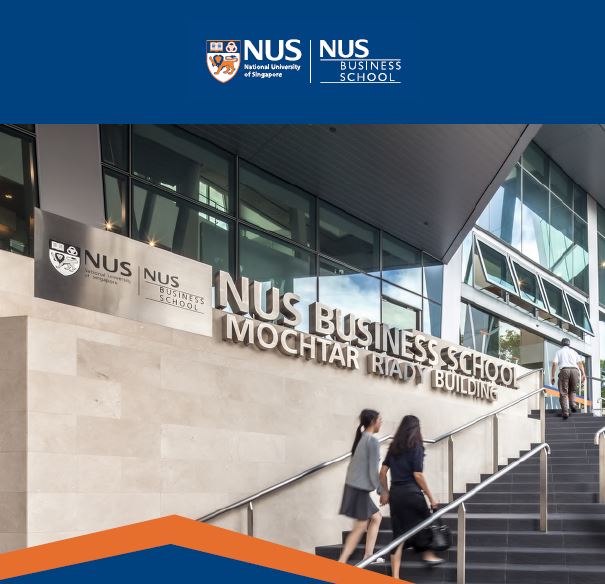NUS HRLP 2 – HR Leadership Processes and Communications

Course Learning Objectives:
- Learn the importance of communication and influence in the hyperconnected world and steps to implement them.
- Build an understanding of leadership and strategies to manage uncertainty.
- Learn the concepts of executive presence and its core elements to increase impact as a leader.
Faculty

Mr Michael Jenkins
CEO, Expert Humans Pte Ltd, Singapore
Michael is facilitator and designer of Humanising the Workplace (supported by SHRI, 2020); Programme Director (design/delivery) of the NUS EMBA Managing Human Capital module (2020); co-facilitator on a leadership programme for SMU Libraries (with the Entheo Network, 2020); facilitator for Organisation Design Essentials for CIPD Asia; customised programmes for NUS Business School (NTUC Enterprises, Bank Indonesia). Also, Michael is facilitator on the Singapore Business Leaders Programme (Doing Well and Doing Good in Asia: Human Capital Practices and Sustainability) and co-theme-weaver for the programme; facilitator on Human Resources Leadership Programme (Making Human Capital Human); facilitator on the Global Leadership Programme (Doing Well and Doing Good in Asia); facilitator on the Asian Financial Leaders Programme (The Intersection of Emotional Intelligence and Artificial Intelligence).
Syllabus
- Leadership Communication in a Hyperconnected World
- Leading in Times of Uncertainty / Managing Change
- Executive Presence and Influence in the C-Suite
Learning Objectives:
- Learn the importance of communication and influence in the hyperconnected world and steps to implement them.
Module Components:
Video Lesson:
- Why is Effective Communication Important for Leaders
- Key to Powerful Leadership Communication
- How to Influence Different Types of Individuals
- Difference Between Persuasion and Influence
- An Example – Persuasion and Influence
- The Magical Science of Storytelling by David JP Phillips
Readings:
- Leading in a Hyperconnected World
- Communicating with Influence in Matrix Leadership
- Essential Leadership Communication Skills
- Communication Styles For Effective Leaders
- What is Influence?
- Leading by Influence
- Storytelling Mountain
- How your Brain Responds to Stories and Why They’re Crucial for Leaders
Quiz:
- Leadership Communication in a Hyperconnected World
Learning Objectives:
- Build an understanding of leadership and strategies to manage uncertainty.
Module Components:
Video Lesson:
- Adaptive Leadership Framework
Readings:
- Dimensions of Adaptive Leadership
- Strategy Under Uncertainty
- Attacking Uncertainty: Interview with Ram Charan
- Leadership in an Age of Uncertainty
- Restarting Under Uncertainty: Managerial Experiences from Around the World
- What Leaders Need to Know to Lead Through Crisis
- The Crisis Leadership Playbook
- Growth in a Crisis: Lessons from Hospitality CEO Omar El Hamamsy
Quiz:
- Leading in Times of Uncertainty / Managing Change
Learning Objectives:
- Learn the concepts of executive presence and its core elements to increase impact as a leader.
Module Components:
Video Lesson:
- What is Executive Presence?
- The Three Pillars of Executive Presence
- Executive Presence: Gravitas
- Executive Presence: Communication
- Executive Presence: Appearance
Readings:
- Executive Presence Model
- Traits Of Executive Presence
- Developing Executive Presence to Increase Impact as a Leader
- Strategies to Increase Executive Presence
Quiz:
- Executive Presence and Influence in the C-Suite
